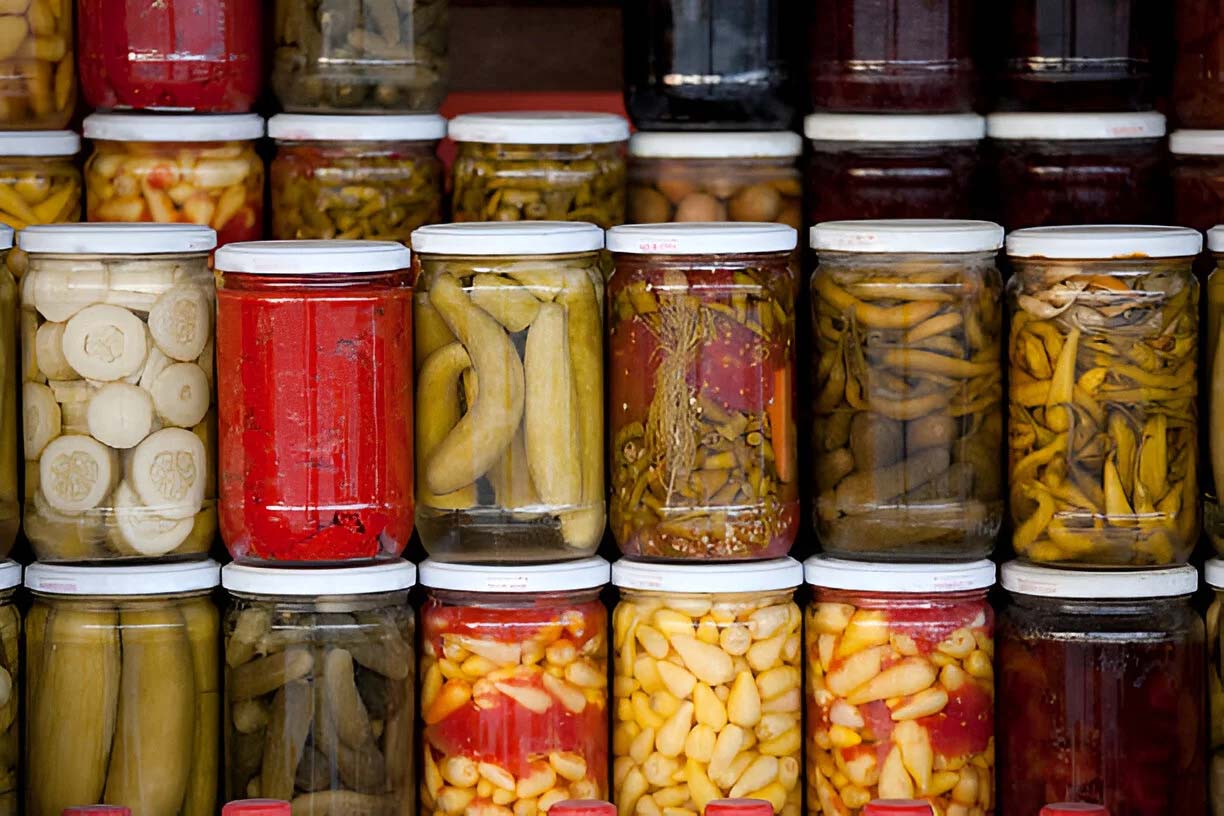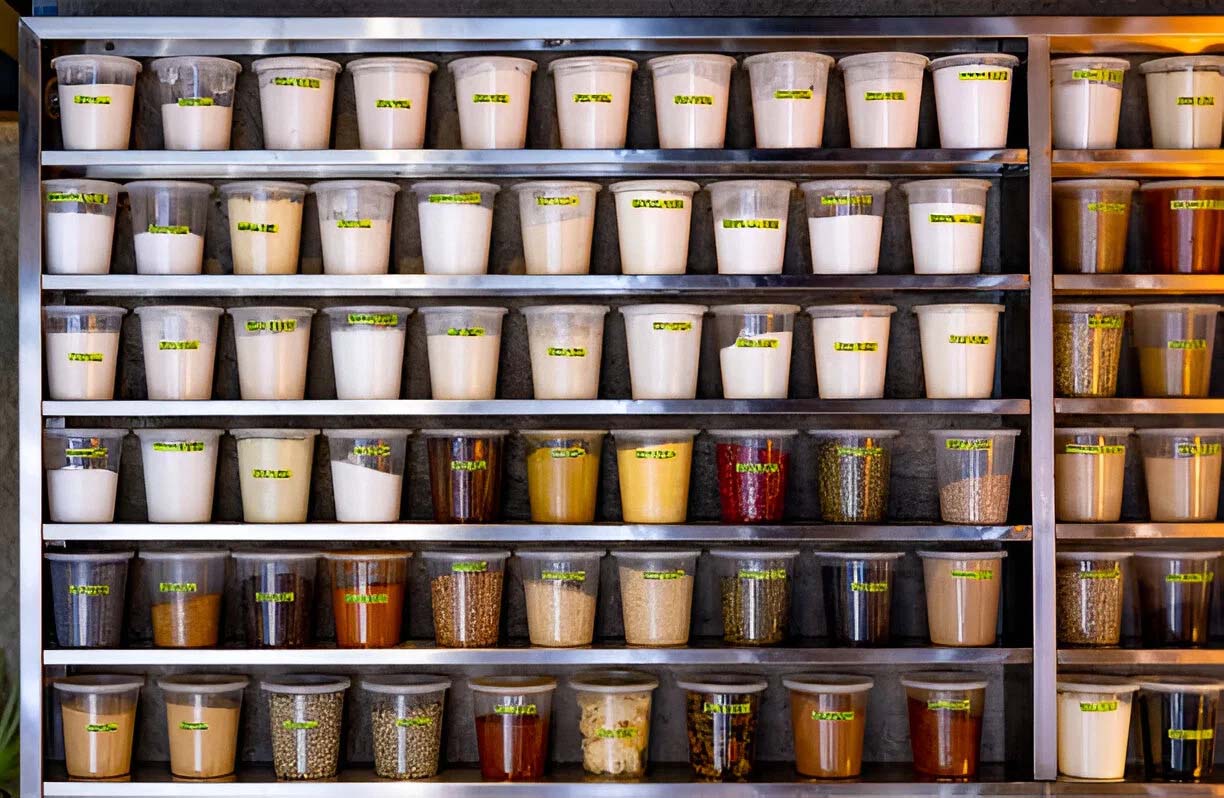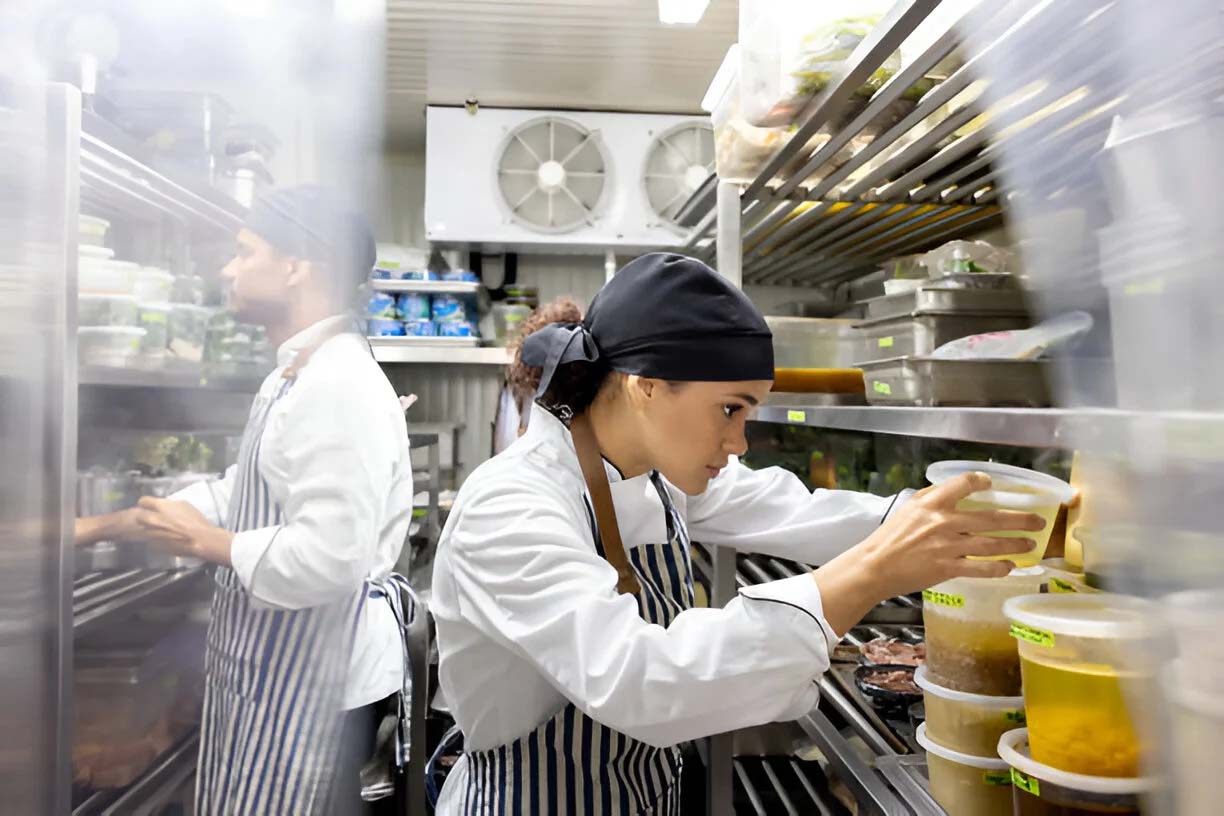The heartbeat of any successful restaurant is its kitchen, and at the core of every efficient kitchen is a well-stocked pantry. The importance of essential pantry staples cannot be overstated—they ensure that operations run smoothly, dishes maintain consistency, and chefs have the flexibility to innovate. This article delves into the crucial ingredients that form the backbone of every restaurant’s culinary arsenal.

Importance of a Well-Stocked Pantry
A well-stocked pantry is vital for the seamless operation of a restaurant. It allows chefs and kitchen staff to prepare dishes quickly and efficiently without the need for frequent trips to suppliers. This not only saves time but also reduces the risk of running out of key ingredients during peak hours, ensuring that customer orders are fulfilled promptly.
Consistency is key in the restaurant industry. Regular customers expect the same quality and taste each time they order their favourite dishes. By maintaining a stock of essential ingredients, chefs can standardise recipes and ensure that every dish meets the restaurant’s standards, building customer trust and loyalty.
A diverse pantry enables chefs to experiment with new flavours and dishes. It allows them to adapt to seasonal ingredients, customer preferences, and dietary restrictions without compromising on taste or quality. This flexibility can lead to innovative menu items that set a restaurant apart from its competitors.
Dry Goods
Flours and grains are the foundation of many dishes. All-purpose flour is versatile and can be used for baking, breading, and thickening sauces. Specialty flours like bread flour, pastry flour, and gluten-free alternatives cater to specific needs. Grains such as rice, quinoa, and couscous are essential for creating a variety of side dishes and main courses, providing texture and substance.
Pasta is a staple in many cuisines, and having a variety on hand—such as spaghetti, penne, and fettuccine—ensures that chefs can quickly whip up classic Italian dishes. Asian noodles, including rice noodles and soba, are crucial for preparing a range of Asian-inspired dishes, adding cultural diversity to the menu.
Beans and legumes are not only nutritious but also versatile. Black beans, chickpeas, lentils, and split peas are essential for soups, stews, salads, and vegetarian dishes. They provide protein and texture, making them a staple in many culinary traditions.

Spices and Herbs
Salt and pepper are the cornerstones of seasoning. Paprika, cumin, and other basic spices are used in countless recipes to build flavour. Baking essentials like cinnamon and nutmeg are crucial for desserts and adding warmth to savoury dishes.
Oregano, thyme, rosemary, basil, parsley, and dill are dried herbs that enhance the flavour of countless dishes. They provide convenience and a concentrated flavour profile, making them invaluable in a busy kitchen. Saffron, turmeric, cardamom, za’atar, and sumac bring unique flavours and colours to dishes, allowing chefs to explore international cuisines and create signature dishes that stand out.
Canned and Jarred Goods
Canned tomatoes, whether crushed, diced, or in paste form, are indispensable for sauces, soups, and stews. Canned fruits like pineapple and peaches are useful for desserts and adding a touch of sweetness to savoury dishes. They offer convenience and a long shelf life.
Canned fish such as tuna and salmon provide a quick and nutritious protein option. Beans and legumes in cans are ready-to-use, making them perfect for salads, sides, and main courses, ensuring that chefs can prepare hearty meals quickly.
Tomato sauce, pesto, and curry paste are essential for adding depth and flavor to dishes. Soy sauce, fish sauce, and Worcestershire sauce are crucial for enhancing umami and bringing out the best in a variety of cuisines. These condiments are the secret weapons in a chef’s arsenal, adding complexity and richness to recipes.
Oils and Vinegars
Olive oil is a must for Mediterranean dishes, while vegetable and canola oils are versatile for frying and general cooking. Specialty oils like sesame and avocado add distinctive flavours and health benefits, making them valuable in gourmet cooking.
Balsamic vinegar, apple cider vinegar, white wine vinegar, and rice vinegar are essential for dressings, marinades, and deglazing. They add acidity and brightness to dishes, balancing flavors and enhancing the overall taste.
Baking Essentials
Baking powder, baking soda, and yeast are fundamental for baking. They ensure that breads, cakes, and pastries rise properly, creating the desired texture and structure. Vanilla and almond extracts are crucial for baking, adding depth and aromatic qualities to desserts. They elevate simple recipes and add a touch of luxury to baked goods.
Cornstarch, arrowroot powder, and gelatin are used to thicken sauces, soups, and desserts. They provide the desired consistency and texture, ensuring that dishes have the right mouthfeel.
Check out https://www.nangwizard.net/ for more information on buying canned cream in bulk.
Conclusion
A well-stocked pantry is the cornerstone of any successful restaurant kitchen. It ensures efficiency, consistency, and creative flexibility, enabling chefs to deliver high-quality dishes that meet and exceed customer expectations. By maintaining a diverse and comprehensive inventory of essential pantry staples, restaurant owners and chefs can navigate the dynamic culinary landscape with confidence.








